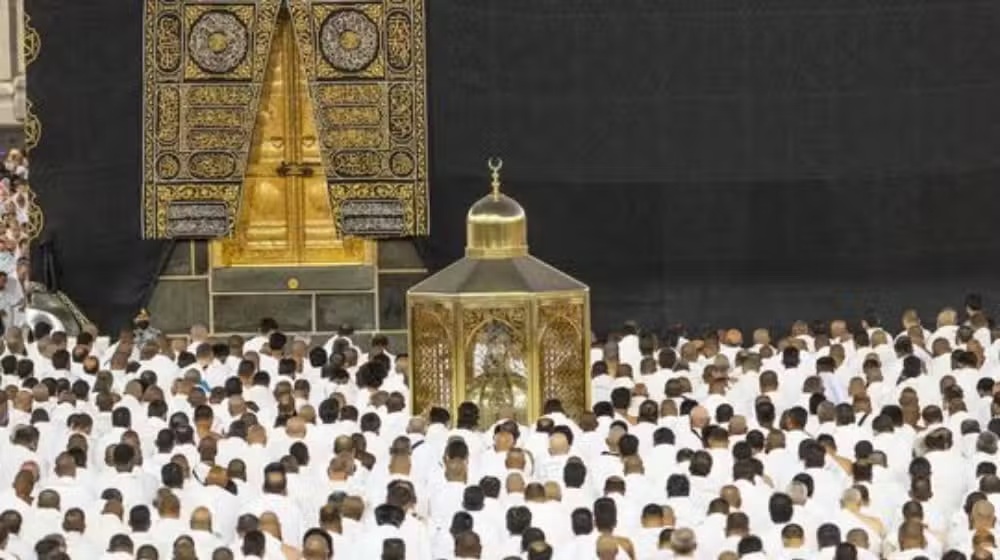As Ramadan nears its end, millions of pilgrims are preparing to visit Makkah for Umrah during the last ten nights of the holy month.
To ensure a smooth and spiritually fulfilling experience, Saudi Arabia’s Ministry of Hajj and Umrah has announced updated operational guidelines aimed at enhancing safety, organization, and accessibility.
Additionally, the faithful are encouraged to offer prayers in various mosques across Makkah rather than solely in the Haram, allowing for better crowd distribution.
Enhanced Crowd Management Strategies
To mitigate congestion and ensure smooth mobility, the Ministry has implemented the following measures.
Encouraging the use of public transportation to reduce traffic around the Haram. Restricting access to key areas to prevent blocking stairwells, entryways, and passageways.
A comprehensive service plan has been rolled out to optimize crowd flow, sanitation, and accessibility.
To maintain hygiene and cleanliness, authorities have deployed thousands of workers and advanced equipment for round-the-clock sanitation efforts:
Over 20 rounds of perfuming are conducted daily using more than two kilograms of oud to enhance the spiritual ambiance.
Cooling systems with a total energy capacity of 90,000 tons have been activated to provide relief to worshippers. 428 escalators and 28 elevators have been made operational.
New Arrangements for Itikaf and Pilgrim Mobility
As the practice of Itikaf—a spiritual retreat observed during the last ten nights—gains prominence, authorities have outlined new arrangements to streamline the experience.
Designated areas within the mosque have been set up to facilitate uninterrupted worship for those observing Itikaf.
Pilgrims are required to register online in advance for Itikaf participation. The launch of a unified digital platform for transportation reservations now allows for better mobility and coordination throughout Makkah.
Saudi Arabia has also introduced eco-friendly initiatives during Umrah, promoting recycling and waste reduction as part of its broader sustainability goals.
The introduction of recycled Ihrams to minimize fabric waste. Reusable water bottles for distributing Zamzam water to reduce plastic consumption.


